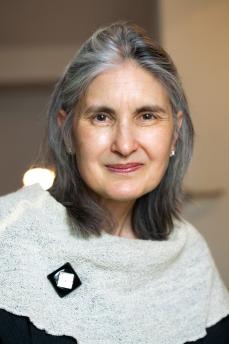Lorraine Daston

dates de séjour
discipline
Fonction d’origine
Institution d’origine
pays d'origine
projet de recherche
Moral and Natural Orders: A Philosophical Anthropology
This book is an attempt to answer a question that can be simply posed: why do people, in many different cultures and epochs, pervasively and persistently, look to nature as a source of norms for human conduct? Why does the conflation of the natural and moral orders persist so stubbornly? This is the question this book sets out to answer. Oceans of ink have been spilt by critical thinkers of all stripes – scientists and scholars, philosophers and novelists, activists and moralists – in attempts to pry "is" and "ought" apart. Despite their best efforts, however, the temptation to extract norms from nature seems to be enduring and irresistible. The very word "norm" epitomizes the mingling of the descriptive and prescriptive: it means both what usually happens and what should happen. I am under no illusion that yet another attempt to put "is" and "ought" asunder will succeed where the likes of Hume, Kant, Mill, and many other luminaries have failed. Rather, I want to understand why they have failed: why, in the teeth of such sterling counsel to the contrary, do we continue to seek values in nature?
biographie
She was educated at Harvard (A.B. 1973) and Cambridge (Dipl. 1974) Universities, and received a Ph.D. in the History of Science from Harvard (1979). She has taught at Columbia, Harvard, Princeton, Brandeis, the University of Göttingen, and the University of Chicago and held visiting positions at the Ecole des Hautes Etudes en Sciences Sociales in Paris, the University of Vienna, and Oxford University (Isaiah Berlin Lectures in the History of Ideas). Since 1995 she has been Director at the Max Planck Institute for the History of Science and Honorary Professor at the Humboldt University, both in Berlin. At the Max Planck Institute she has organized research projects on the history of demonstration and proof, the varieties of scientific experience, the moral authority of nature, and the common languages of art and science. In addition, she has been Visiting Professor at the Committee on Social Thought (University of Chicago) since 2005 and Permanent Fellow at the Wissenschaftskolleg zu Berlin since 2008. She is a Fellow of the American Academy of Arts and Sciences, Member of the Berlin-Brandenburg Academy of Sciences and of the Leopoldina Academy of Sciences.











